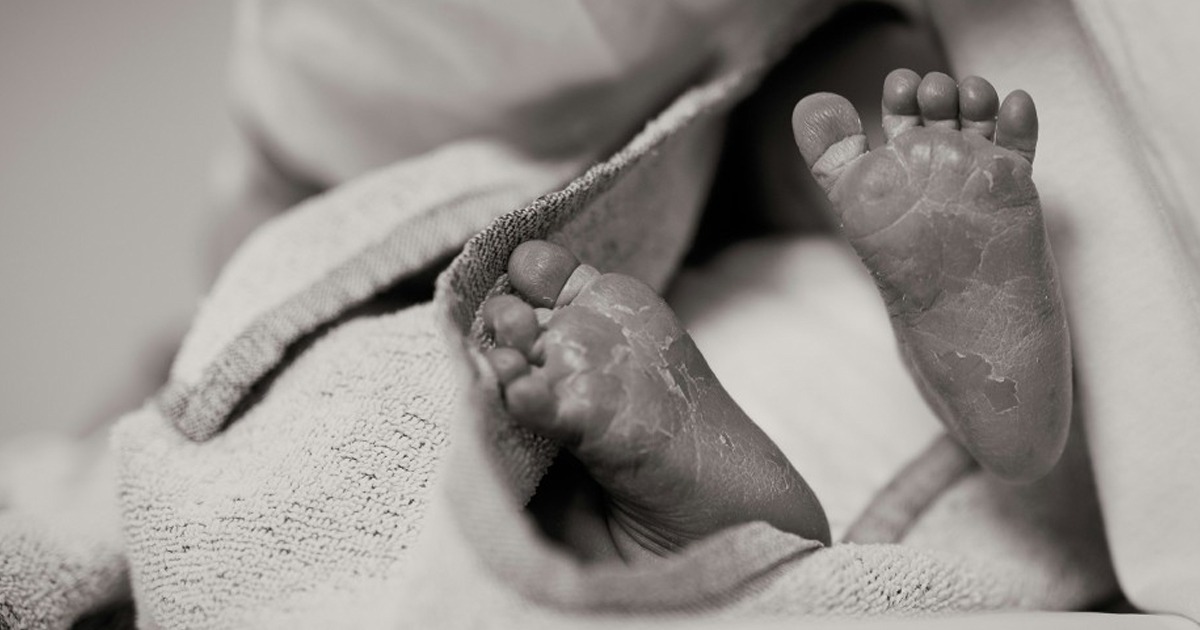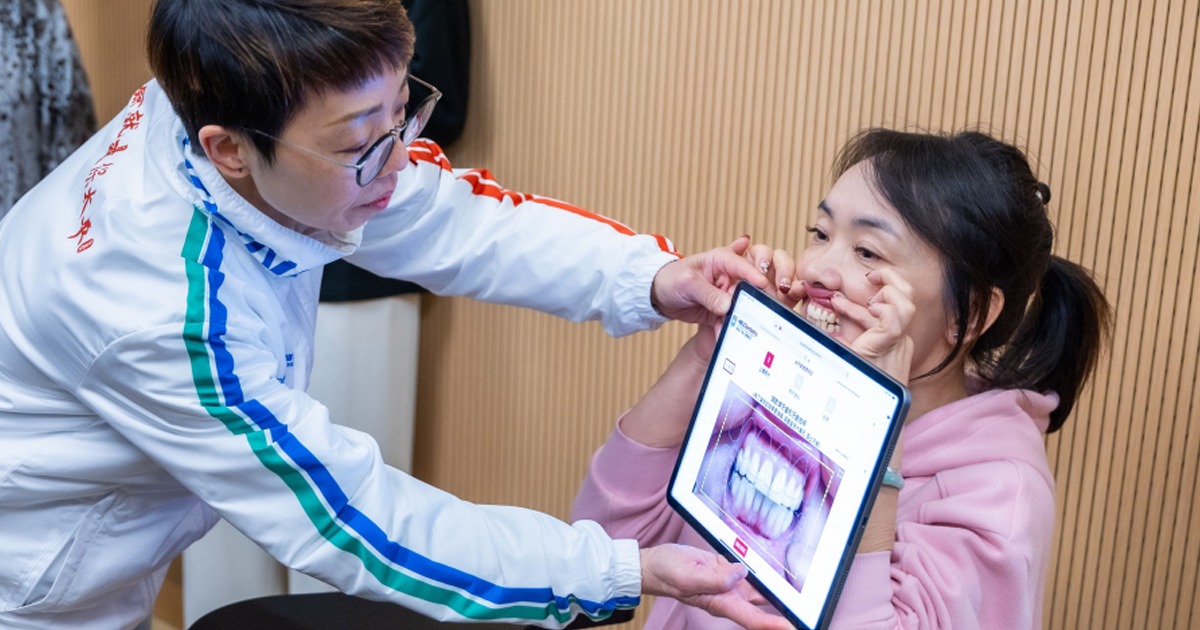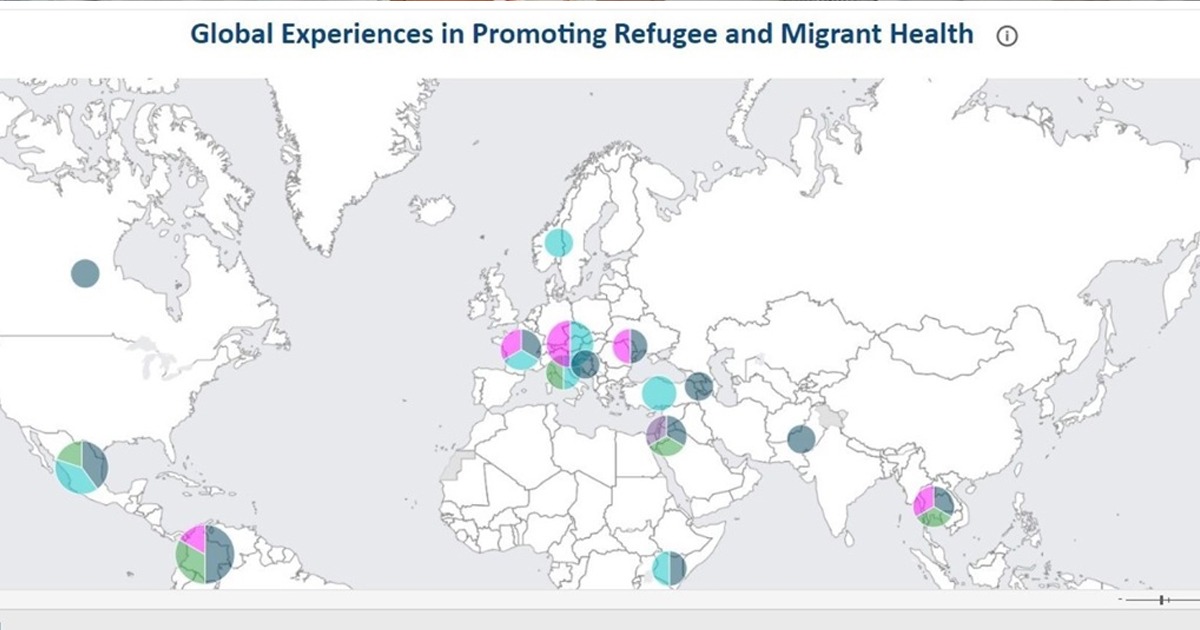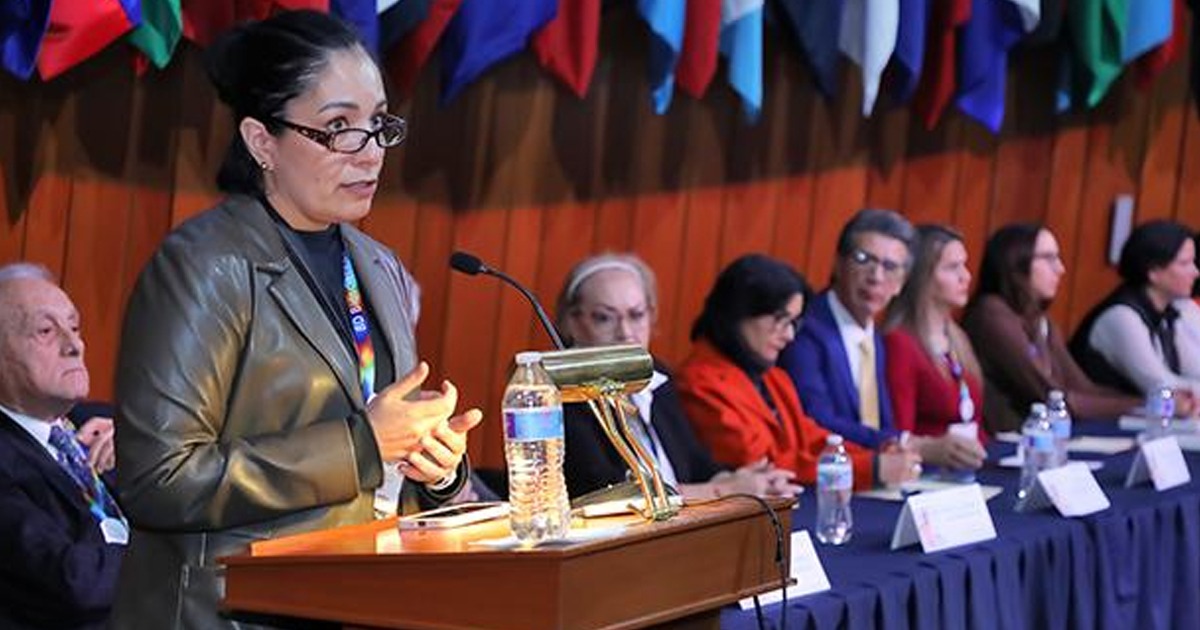An Artificial Intelligence (AI) model was tested to estimate the gestational age of fetuses, with the aim of using the technology in environments with low technological resources to perform ultrasounds.
Ultrasounds are necessary to know the estimation of the gestational age of a fetus, and also to offer quality obstetric care. However, the high cost of the equipment limits its use only to technologically equipped environments, therefore, in remote or rural communities they have better access not only to the necessary equipment but also to trained sonographers.
This study is part of the Fetal Age Machine Learning Initiative (FAMLI), which aims to develop technologies that expand access to obstetric ultrasound in technology-constrained settings.
A study published in NEJM Evidence showed an AI model for estimating the age of fetuses in gestation. That study used 8,775 blinded ultrasound scans of 4,695 pregnant volunteers in North Carolina, USA, and Zambia, between September 2018 and June 2021.
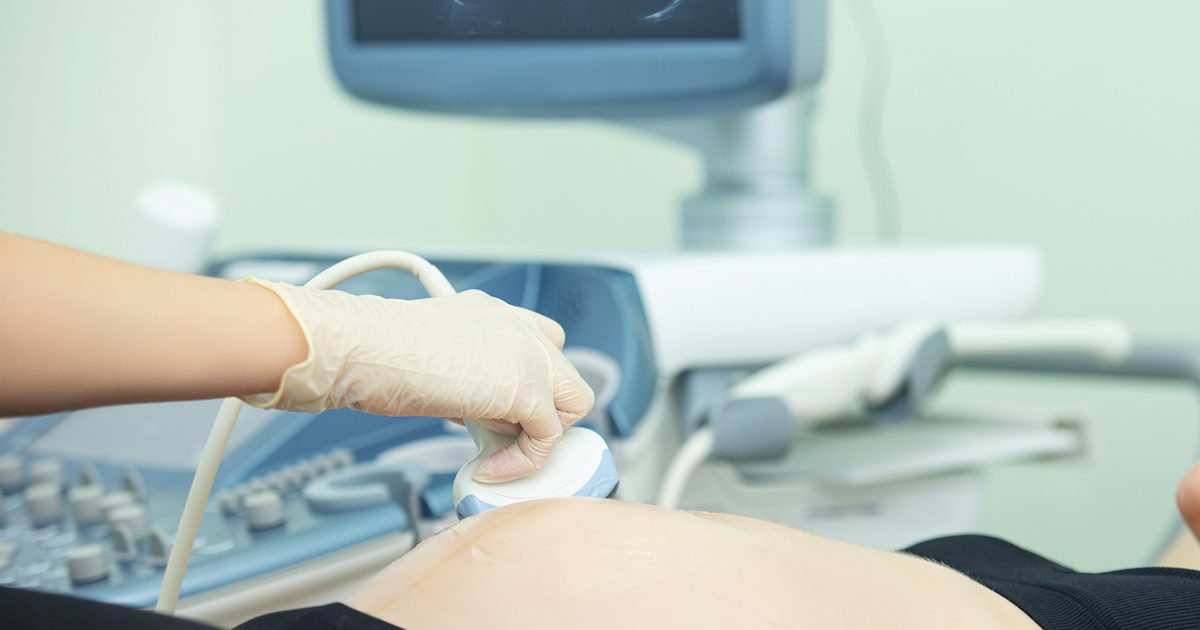
"We trained a neural network to estimate gestational age from the scans and, on three test data sets, we evaluated the performance of the AI model and biometrics against previously established gestational age," the study explains.
Thanks to the ultrasound data, the model was able to estimate the gestational age of the fetuses with an accuracy similar to that of trained sonographers. "The results were consistent across geographic sites and were supported in a test group of women who conceived through IVF," the study explains.
The research details the great room for improvement that exists in delivery of obstetric care in low- and middle-income countries. Therefore, the use of this type of technology is useful in improving medical care, not only in obstetrics but also in general medicine and other specialties.
Check the full study at the following link:

